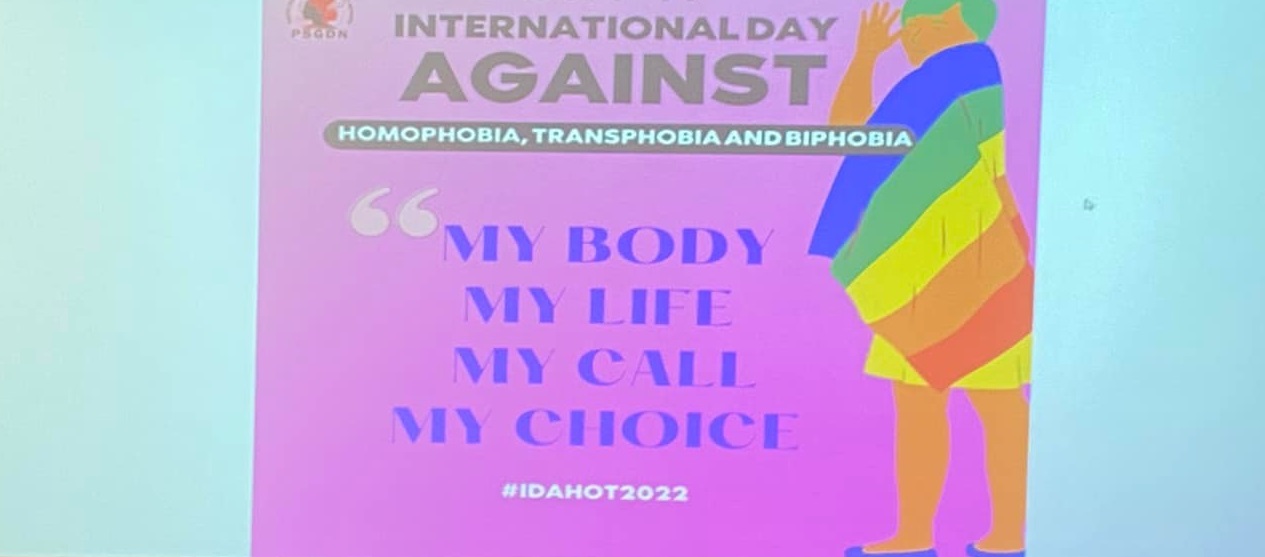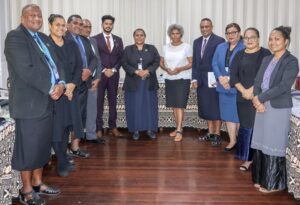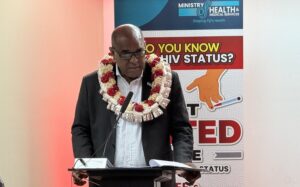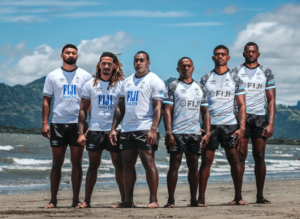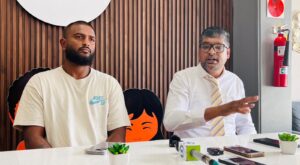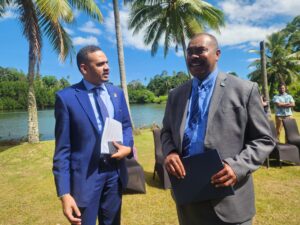We need to stay committed to bringing about a region that is free from discrimination and violence, and one in which people are free to love and be who they really are, Pacific Sexual and Gender Diversity Network CEO Isikeli Vulavou said.
Vulavou made the comments during the commemoration of the International Day against Homophobia, Transphobia and Biphobia (IDAHOT) Day this week.
The theme for this year is – “Our Bodies, Our Lives, Our Rights” – focusing on LGBTQI people claiming their rights to live their sexualities and to express their gender(s) freely, but also demanding to be free from physical violence, conversion or correction “therapies”, forced sterilization, hate crime, bullying, and rejection at all levels.
Vulavou said the day is an important calendar event for LGBTQI activists in Fiji and the region, as well as globally to draw attention to the ongoing violence, discrimination, stigma, and polarization faced by people with diverse sexual orientations, gender identities, gender expressions, and sex characteristics.
“Everyone is born free and equal in dignity and rights. As Pacific islanders, we need to affirm our strongest commitment to respect, protection and promotion of full and equal enjoyment of human rights of lesbian, gay, bisexual, transgender, queer and intersex (LGBTQI) persons,” Vulavou said.
“In Fiji and the region, LGBTQI individuals continue to face violence, exclusion and discrimination on a daily basis, because of their real or perceived sexual orientation and gender identity or sex characteristics, with many countries still retaining harsher punishments and jail terms for homosexuality.
“We are again strongly urging the parliaments and the people of Cook Islands, Kiribati, PNG, Samoa, Solomon Islands, Tonga and Tuvalu to decriminalise LGBTQI people in their respective countries. They are not criminals, they actively contribute to community and nation building and are a significant part of our culture, families, communities and Pacific societies.”
The CEO said for many LGBTQI people in Fiji and the region, COVID-19 pandemic has led to even higher levels of violence and discrimination, including domestic violence, hate speech online and offline, and hate crimes.
“Findings and feedbacks from our network members in Fiji and the region tell us that many young LGBTQI individuals, in particular, those who had lost their jobs face disproportionate levels of family rejection, bullying, homelessness and restrictions on access to information, which have all been exacerbated in the context of the pandemic.
“When they lost their jobs, they could not afford rent, and were forced to go back to homes they had gladly left because of the mistreatment, discrimination and violence – and live dependently again.”
Vulavou said the pandemic has also led to shrinking civic space, physical attacks and psychological trauma for human rights defenders protecting the rights of LGBTQI persons in the region.
“These acts are unaccepted and PSGDN stresses the importance to prevent and denounce all forms of discrimination against LGBTQI persons, including homophobic, biphobic and transphobic violence, while promoting their access to equal opportunities in all spheres of life.”
Vulavou says it’s important that discriminatory laws, policies and practices, including the criminalisation of consenting same-sex relations that expose LGBTQI individuals disproportionally to unemployment, social exclusion and poverty are fought in the Pacific.


